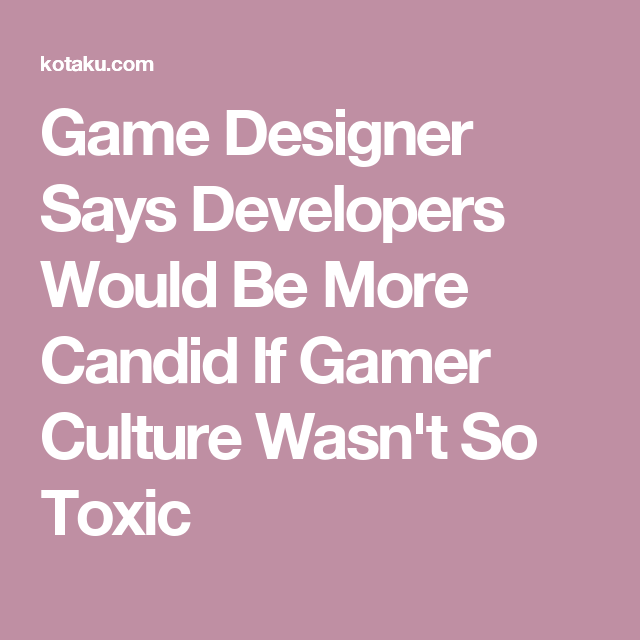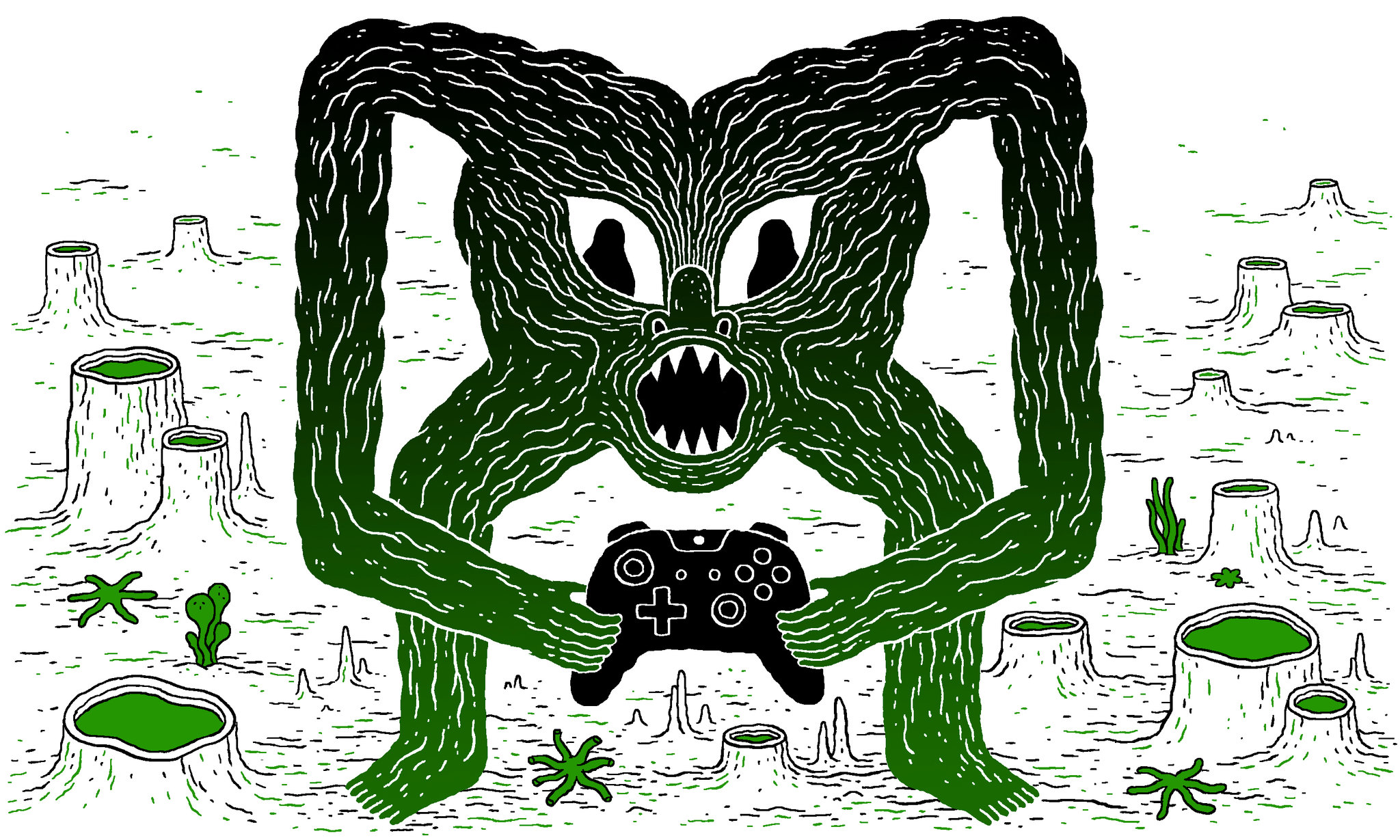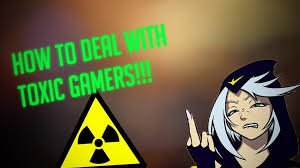Gaming and gaming culture: How toxic masculinity in gaming culture is worth taking a look at
In light of the recent post Trump era there has been much discussion about the creation of the alt-right movement and the impact it has had for many. Women, LGBTQ and BIPOC have all been negatively affected by the white supremacist beliefs among alt-right supporters, and this has led to more people speaking out against racism, sexism and patriarchy. But one area that is rarely mentioned is the gaming industry, and gaming platforms that encourage toxic masculine discussions and behaviours. What makes this significant is that this is an area that we often do not consider as facilitating such negative behaviour and falsehood; however, here toxic culture is more rampant than we realize, and has become a breeding ground for alt-right supporters.
My research into the connections between the gaming industry and online gaming forums, and the coinciding alt-right belief system of “for white men, by white men” shows this is nothing new, and is historically a systemic problem within Western civilization. Computers, the internet and gaming have always been viewed as a predominantly white industry; made for, and used by, young white men. A short history shows that starting in the early 1900s with the creation of computer technology, predominantly young white men of a military background, took ownership for this. In fact, the first known creations and uses for computers in the early 1900s were almost exclusively for military purposes, headed by the US Department of Defense. Eventually, they connected servers all over the world, initially starting in universities, targeting educated and technologically savvy young white men. Of course, the first computer games and the internet were later introduced to the world by these same educated and technologically savvy young white men. Therefore, it is no coincidence then that gaming and games themselves evolved to continue this trend, wherein since the 1990s, almost all games, and marketing for those games, has focused on young white men between the ages of 15-35. This also just happens to be one of the largest groups of followers and supporters within the alt-right community, and it is thru online gaming that they are provided the platform to elaborate on their feelings of disenfranchisement and the belief they are being surpassed by “others”.



This is important and relevant to women and gender studies because, in today’s world where social media rules all, and mass populations can be influenced with a click, we should be concerned about the spread of propaganda through means of the internet, and online gaming platforms. As we make efforts to remove stereotypes, racism and gendered language, these platforms are undoing the positive work that has been done, and also recruiting new followers into an age-old mentality. Additionally, under capitalism, we should be concerned about how our personal information is being sought out, stored, and eventually used to persuade us at the hands of the highest bidder. While the social media companies are not directly selling our information, what they are doing is selling the ability to target people by specific criteria. This allows targeted and suggestive advertising, whether the information being shared is true or false. This is like providing a terrorist with arms and then standing back and watching your country be destroyed. If online privacy continues to be eroded, there is no telling what level of misinformation people may be subject to, that will further fuel misguided hatred. If Facebook and Twitter can be used to turn an election, can a gaming platform’s uncensored and biased content fuel the fires toward starting a civil war?
Within these online forums, the tone of language is racist and hateful, and is enabled to escalate into online harassment and abuse. By sharing these theories and beliefs amongst themselves, not only do they form kinship and bonds within their peer group, but they further facilitate use of toxic language and behaviors towards others that do not fit into their description. Games, gaming professions and the advertising and promoting of these, has further put the spotlight on young white men and still does today.
Rarely discussed of course, is the fact that women were not only the first users of computers in secretarial positions, but they were also the first computer programmers before men realized just how skilled the work was. Women represent approximately half of the gaming industry users; in fact, women eighteen and older make up more than twice the percentage of users within gaming culture than boys under the age of eighteen. And yet, the misleading advertising and the predominant focus on white men’s accomplishments within the industry, has led us all to believe that this is a white man’s game. This is disconcerting from two aspects. Firstly, the gaming industry is farther-reaching than the music or film industries, and second, the misrepresentation of white men’s contributions, and underrepresentation of women, LGBTQ and BIPOC within the gaming industry further perpetuates the toxic masculine patriarchal umbrella we are still living under.
Petra Faragalli, April 15, 2021
What are “others”? “Others” are anyone who is not a white male, and have become the source of contention for young white male gamers. These young men increasingly feel that women, LGBTQ, and BIPOC are being given, or stealing for that matter, opportunities that they themselves own the rights to. In addition, there is a type of “geek” hypermasculinity where, to these young men, intellect is highly valued over emotional or social intelligence. Therefore, through these gaming platforms, these young men are able to find common ground and acceptance amongst their intellectual peers, while solidifying their disappointment with their place in life. Unfortunately, what they fail to realize is that it is not the “others” that are taking away their opportunities, it is the very corporations that have encouraged them to believe this was an industry that was rightfully theirs, and no one elses, in the first place. The subsequent bias, sense of injustice and in many cases, violent rage, miss the mark completely in pinpointing the “other” as they ultimately attempt to find the reasons for their misery, rather than seeing capitalist manipulation as the culprit. It is here that discussions and comments about women, LGBTQ and BIPOC trying to take over the gaming industry begins.